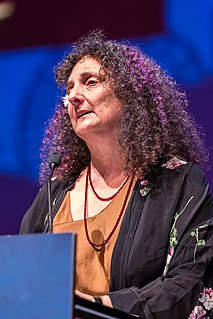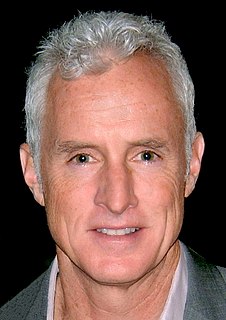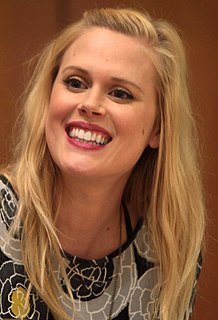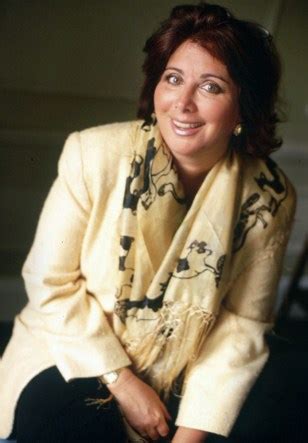A Quote by Sarah Cooper
Selling an idea to a publisher is not as valuable as selling your audience to a publisher.
Related Quotes
As soon as I finished 'The Finkler Question,' I was in despair. I'd changed my English publisher because they'd been lukewarm about it and not offered enough money. The American publisher didn't like it. The Canadian publisher didn't like it... I'd been bleeding readers since my first novel, and I could see my own career going down.
No publisher should ever express an opinion on the value of what he publishes. That is a matter entirely for the literary critic to decide. I can quite understand how any ordinary critic would be strongly prejudiced against a work that was accompanied by a premature and unnecessary panegyric from the publisher. A publisher is simply a useful middle-man. It is not for him to anticipate the verdict of criticism.
I do voiceovers, but being on-camera and selling something? I wasn't really interested. And then I thought, well, wait a minute. Everybody's selling something. When you turn on the tube... And then if you go to Europe or Asia, everyone is selling something. All the guys that don't want to be seen selling something here are selling something there. So I thought what the hell?
I sent a lot of publishing ideas to my publisher, about 30 of them. Each time except 3, i got a "rejection letter". This is basically what a rejection letter is like: Hello Pathetic Moron, We read your book. It sucked. Don't send us another one. If you do, we will run over your grandmother with a bus. Don't Do It. From, Your Publisher
When you are giving a certain portion of your life to people and you're selling it sexually, you're selling it sensually, and you're selling it romantically - for you to then take that portion that you give only to fans away and to give it to one person, it kind of... if they don't approve, it might be crickets for me.


































